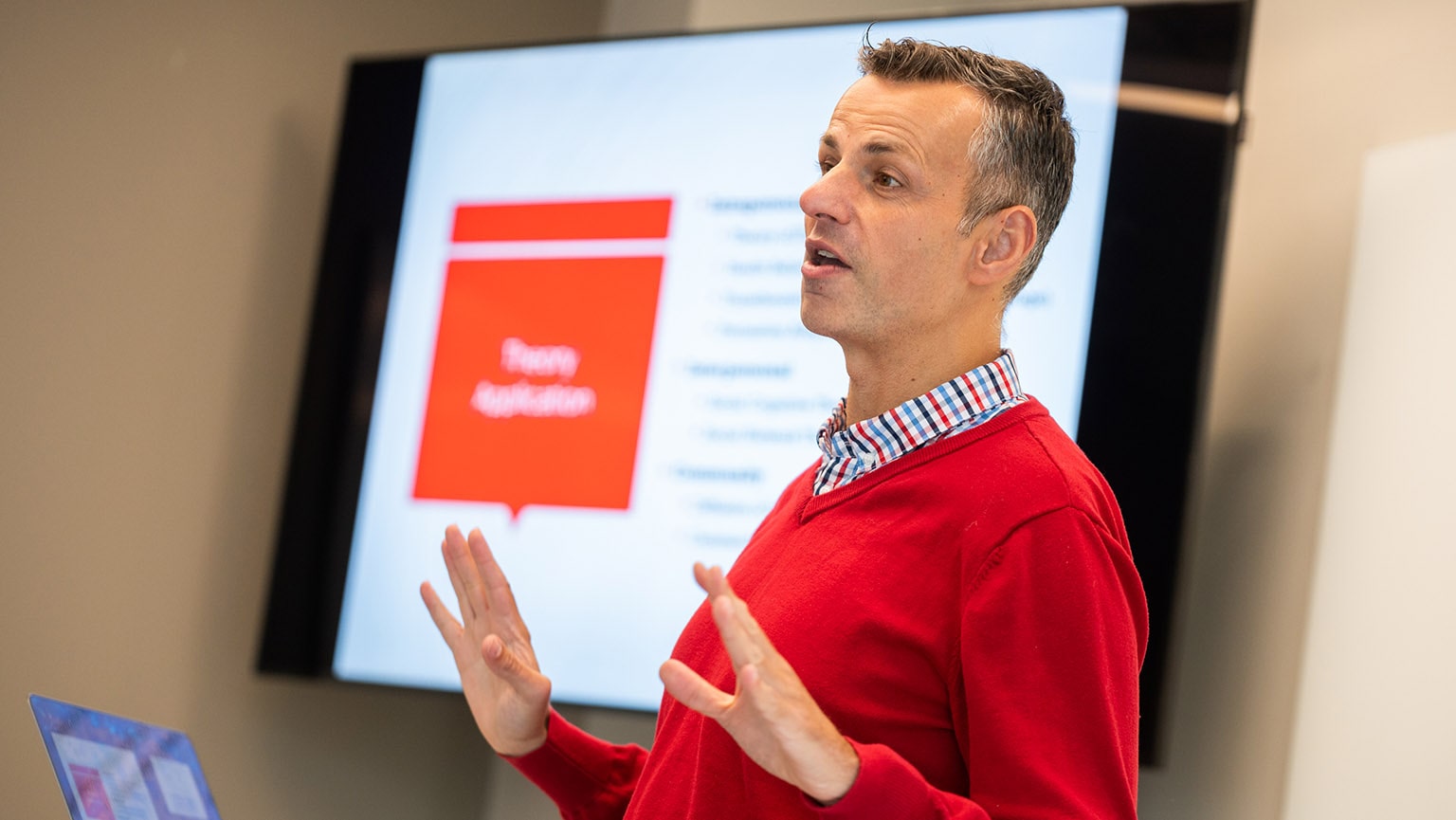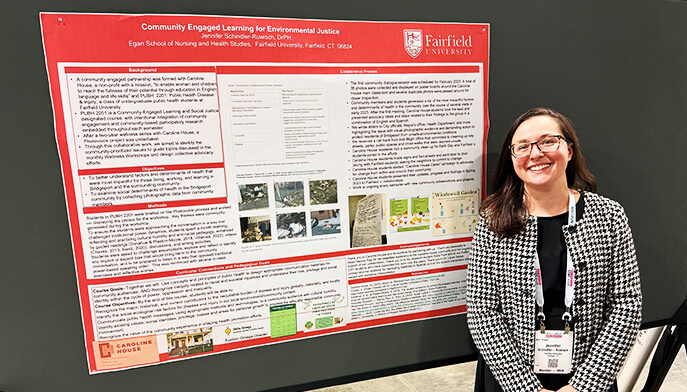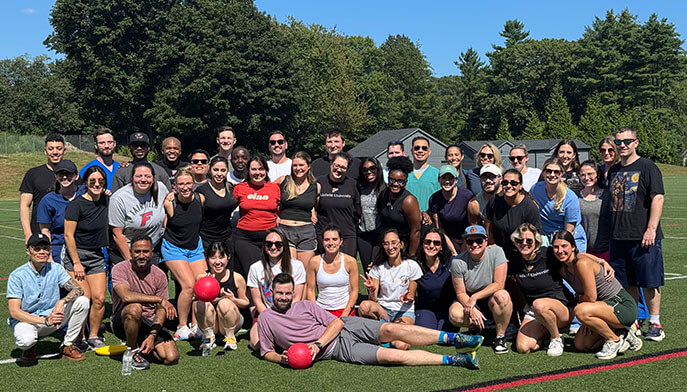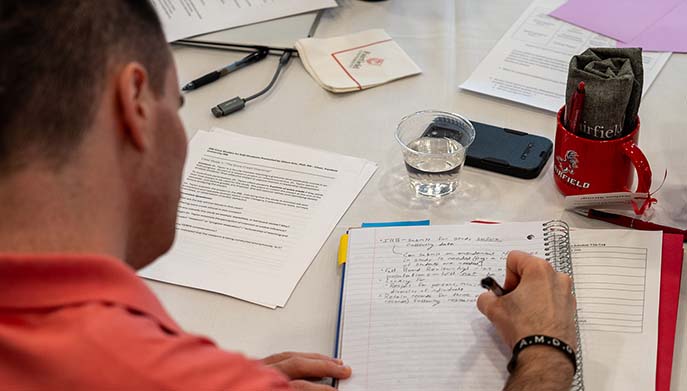DrPH vs PhD: Key Differences
When comparing a DrPH vs PhD, the differences center on purpose, focus, and outcomes. Both are respected doctoral degrees offered by a school of public health, but they serve distinct professional goals.
What Is a PhD in Public Health?
A PhD program in public health emphasizes rigorous academic research. DrPH students are trained to conduct studies, advance theory, and contribute to scholarly literature. PhD graduates often pursue careers in academia or research institutions, dedicating their work to producing new knowledge.
Core Differentiators: DrPH vs PhD
- Focus: The DrPH degree emphasizes research and practice, while the PhD is centered on research alone.
- Outcomes: DrPH graduates typically move into applied roles such as directors of health departments or executives of nonprofit organizations, whereas PhDs often become faculty or researchers.
- Practical experience: A DrPH program integrates fieldwork and applied projects. PhD programs prioritize laboratory or data-driven studies.
- Format: Many universities offer flexible online DrPH or part-time options, while PhDs are often full-time commitments.
- Length: Both degrees take several years to complete, though a DrPH program is often structured to allow working professionals to progress steadily while balancing careers.
Dr. Santella says, “In higher education, we emphasize real-world problem solving and require an internship or an applied practice experience as part of our core curriculum. Additionally, the dissertation is focused on solving applied public health challenges. On the other hand, a PhD is a research-driven, theory-focused education. The coursework focuses more on research methodology, data analysis, and theory development, and the dissertation focuses more on original independent research contributing to public health science.”
FAQs: What Is the Difference Between a DrPH and PhD?
Is a DrPH the same as a PhD?
No. A Doctor of Public Health prepares students for applied leadership roles, while a PhD program prepares students for academic and research-focused careers.
Who should pursue a DrPH?
The DrPH degree is ideal for mid-career public health professionals seeking leadership positions and opportunities to apply research findings directly to practice. According to Dr. Anthony Santella, director of the Fairfield University DrPH program, “The ideal DrPH student is deeply committed to public health and advancing health equity, driven by a genuine desire to create meaningful change in communities. They are empathetic and purposeful in their work, with a strong interest in expanding their leadership capacity to address complex public health challenges.”
What about an online DrPH?
Yes, many schools—including Fairfield University—offer an online DrPH that allows students to continue working while completing their doctoral degree.
Which degree is better?
Neither is “better”—it depends on your goals. A DrPH program is suited for applied public health leadership, while a PhD program is best for those who want to advance theory and teach at the university level.
Program Structure and Requirements for the DrPH
To understand what to expect with a DrPH, it helps to look at the program requirements, which engage students in coursework and applied projects that emphasize both scholarship and practice.
Admission Requirements and Timeline
Applicants to DrPH programs are typically required to have several years of professional experience in public health or a related healthcare field following the completion of a master’s degree (e.g., MS, MA, MSW, MSEd, MBA, MHA, or MPH). Many programs offer multiple pathways or plans of study based on an applicant’s prior education—for example, a longer course of study for those without an MPH and a shorter, advanced plan for those who already hold one. Application deadlines vary by institution but are typically set several months prior to the start of the academic year, allowing sufficient time for review and admission decisions.
Coursework and Learning Outcomes
You should look for a program that is accredited by the Council on Education for Public Health (CEPH) with coursework designed to address the 20 CEPH-required competencies across key domains: data and analysis; leadership, policy, and governance; policy and programs; and education and workforce development. At Fairfield, the generalist DrPH track emphasizes additional competencies in storytelling and data visualization, implementation science, and applied ethics.
Most programs include:
- Public health leadership training focused on organizational management, ethics, and advocacy.
- Advanced courses in policy analysis and evaluation of public health issues.
- Practical application of the core functions of public health through real-world case studies.
Format
While PhD students are generally enrolled full-time, many DrPH programs are designed to be completed part-time time and some, like the Fairfield DrPH program, offer online or low-residency options with flexible scheduling, making them accessible to graduate students who are already professionals in the field. A part-time structure supports continued employment while earning the degree. As all academic programs at Fairfield University are rooted in Jesuit values, the accredited program emphasizes ethical leadership, social justice, and service to underserved populations.
A low-residency component at Fairfield occurs three times (one each year in the fall) when all DrPH students, regardless of cohort, come together. Residency locations rotate between Fairfield, CT; Austin, TX; and Washington, DC. The agenda includes guest speakers, case study discussions, career development, skills development, and dissertation preparation.
Applied Learning
Unlike many research-heavy doctoral programs, a DrPH program integrates practical experience. Students complete applied projects that directly benefit communities, ensuring they graduate with both knowledge and tested leadership skills.
Career Opportunities with a DrPH
Graduates of a Doctor of Public Health program are well-positioned for impactful careers. Because the DrPH degree blends theory with application, it prepares leaders who can design solutions for urgent public health issues.
Common Career Paths
Completing a DrPH degree can prepare you for several different career paths.
- Leadership positions in health departments, global health organizations, or nonprofit agencies.
- Senior management roles in hospitals, healthcare systems, or government agencies.
- Policy and program development specialists who guide responses to national or international crises.
- Academic roles that focus on training the next generation of public health professionals through applied teaching and mentorship.
A DrPH’s Impact
Ultimately, the DrPH program prepares students to bridge the gap between research and practice. Graduates use their skills to strengthen systems, address disparities, and lead communities toward better health outcomes.
DrPH vs PhD
So, what is the difference between a DrPH and PhD? Both are rigorous doctoral degrees, but they serve distinct purposes. A Doctor of Public Health prepares students to apply knowledge in leadership contexts, while a PhD program emphasizes original research and theoretical contributions.
If your goal is to advance knowledge through scholarly research, a PhD is the right choice. If your passion is solving urgent public health issues, leading organizations, and translating science into practice, then a DrPH degree may be the ideal path. You can learn more about specific programs by contacting the program director or by attending an information session.
Whichever you choose, both pathways allow you to make a lasting impact on the field of public health—and on the health of communities worldwide.





